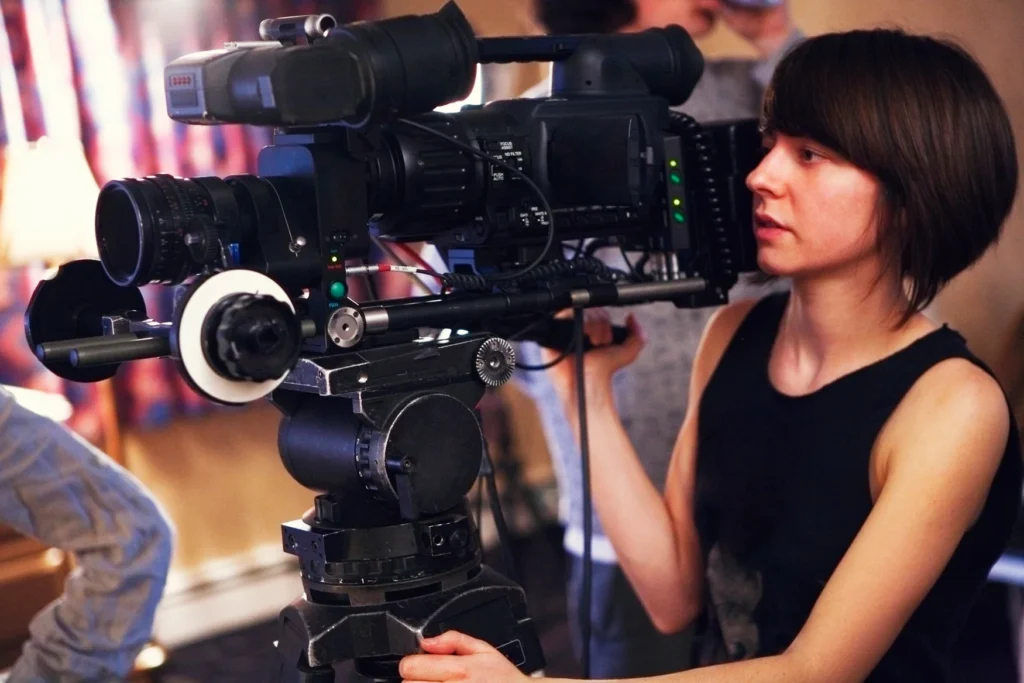Becoming a Successful Television Camera Operator: Essential Steps
The television industry is a fascinating and dynamic field that offers a wide range of opportunities for creative individuals. One such career path is that of a television camera operator. A camera operator is responsible for capturing live or recorded footage that is used in various television programs, including news broadcasts, sports events, and television shows. If you have an interest in this field, read on to learn more about the essential steps to becoming a successful television camera operator.
Step 1: Obtain a Degree in Film or Television Production
The first step to becoming a camera operator is to obtain a degree in film or television production. This degree will provide you with the foundational knowledge and skills necessary to operate a camera and work in the television industry. Many universities and colleges offer degree programs in film or television production, including New York University (NYU) Tisch School of the Arts.
Step 2: Gain Hands-On Experience
While obtaining a degree is essential, it is equally important to gain hands-on experience in the field. Many film and television production programs offer internships or job shadowing opportunities that allow you to gain practical experience working with cameras and other equipment. Additionally, you can seek out freelance work or volunteer to work on student film projects to gain more experience.
Step 3: Learn Camera Operation Techniques
To excel as a television camera operator, you must have a deep understanding of camera operation techniques. You must know how to operate different types of cameras and lenses, understand lighting and exposure, and be able to compose shots effectively. You can learn these skills by taking courses or workshops that focus specifically on camera operation techniques.
Step 4: Build a Portfolio
As you gain experience working in the television industry, it is essential to build a portfolio that showcases your work. This portfolio should include your best work, including footage of live events, television shows, and other projects you have worked on. Having a strong portfolio will help you stand out from other job candidates and demonstrate your skills to potential employers.
Step 5: Network and Make Connections
Networking is a crucial element of any successful career in the television industry. Attend industry events, join professional organizations, and connect with colleagues and other professionals in the field. This will help you build relationships that can lead to job opportunities and other career advancements.
Conclusion
Becoming a successful television camera operator requires a combination of education, hands-on experience, and technical skills. To succeed in this field, you must obtain a degree in film or television production, gain hands-on experience, learn camera operation techniques, build a portfolio, and network with other professionals in the industry.
If you are interested in pursuing a career as a television camera operator, consider taking the NYU Film and TV Industry Essentials online course and certificate program offered by Yellowbrick. This program will provide you with a comprehensive understanding of the television industry and the skills needed to succeed in this dynamic field.








